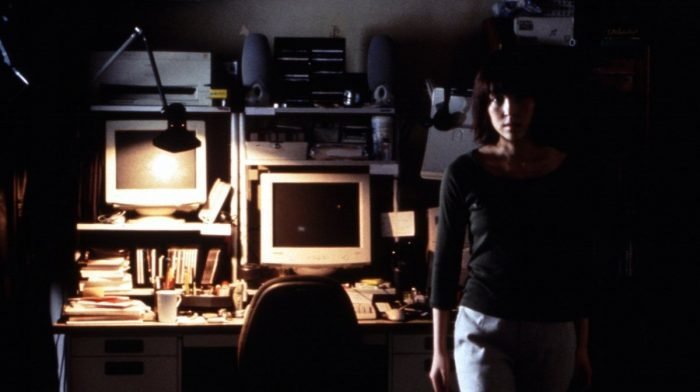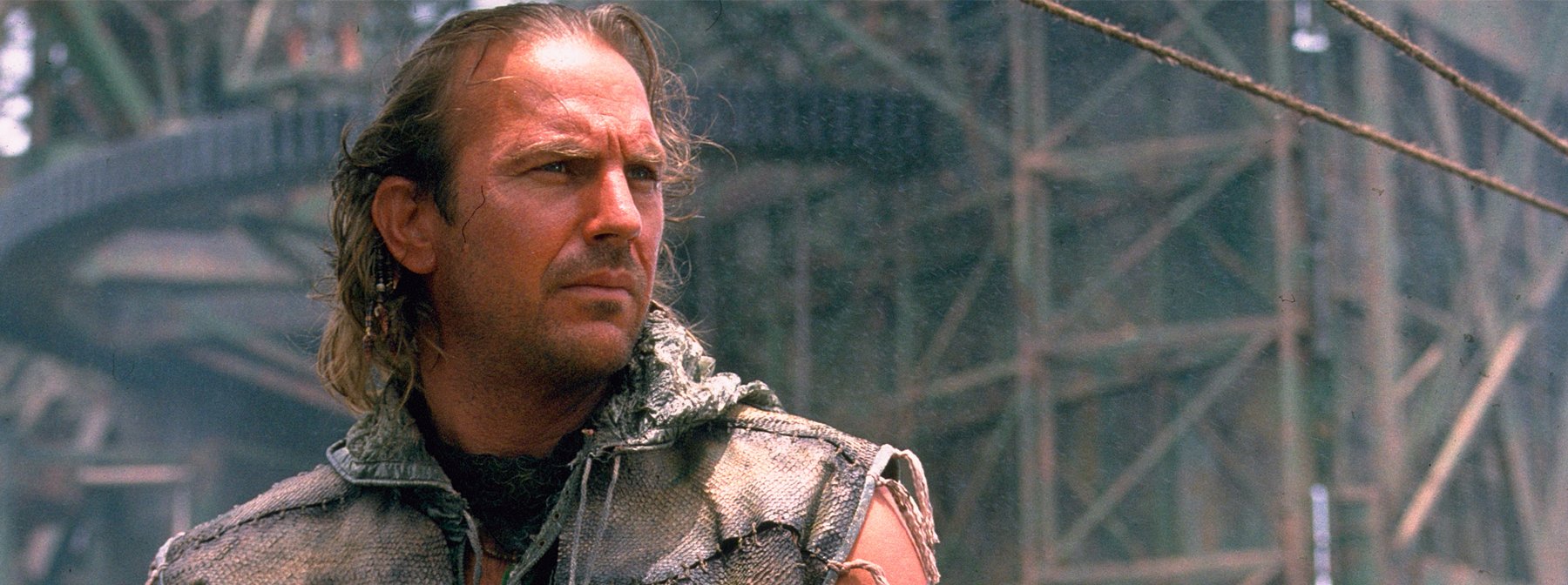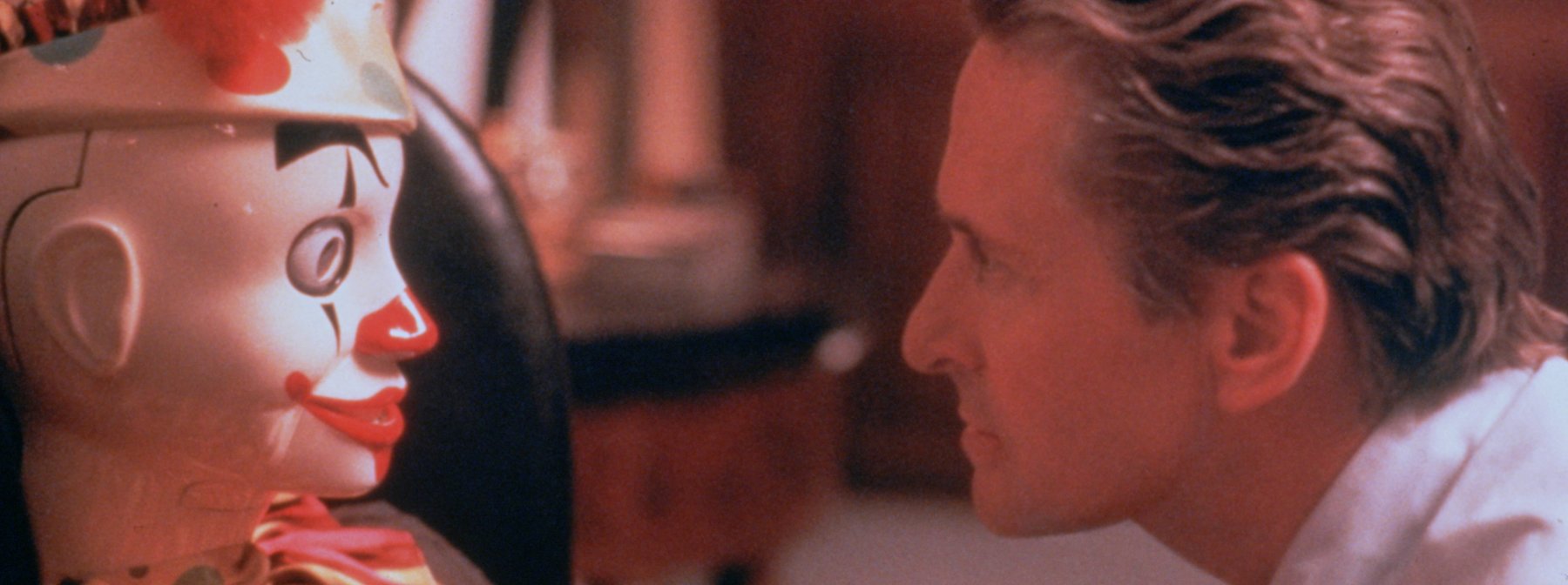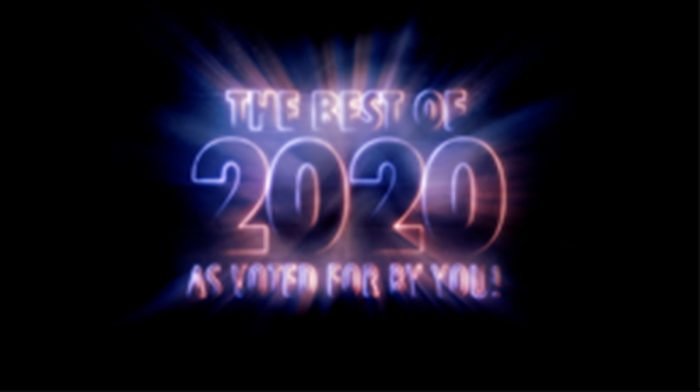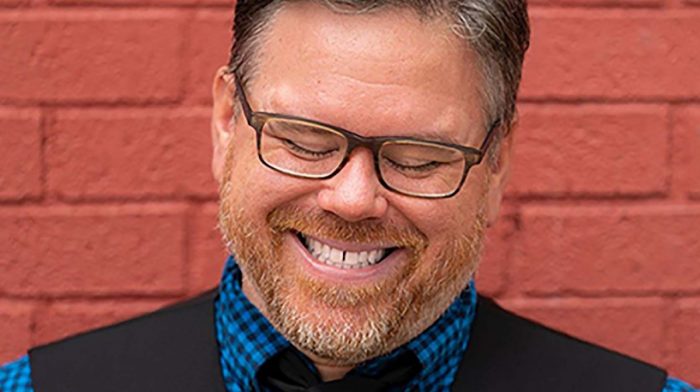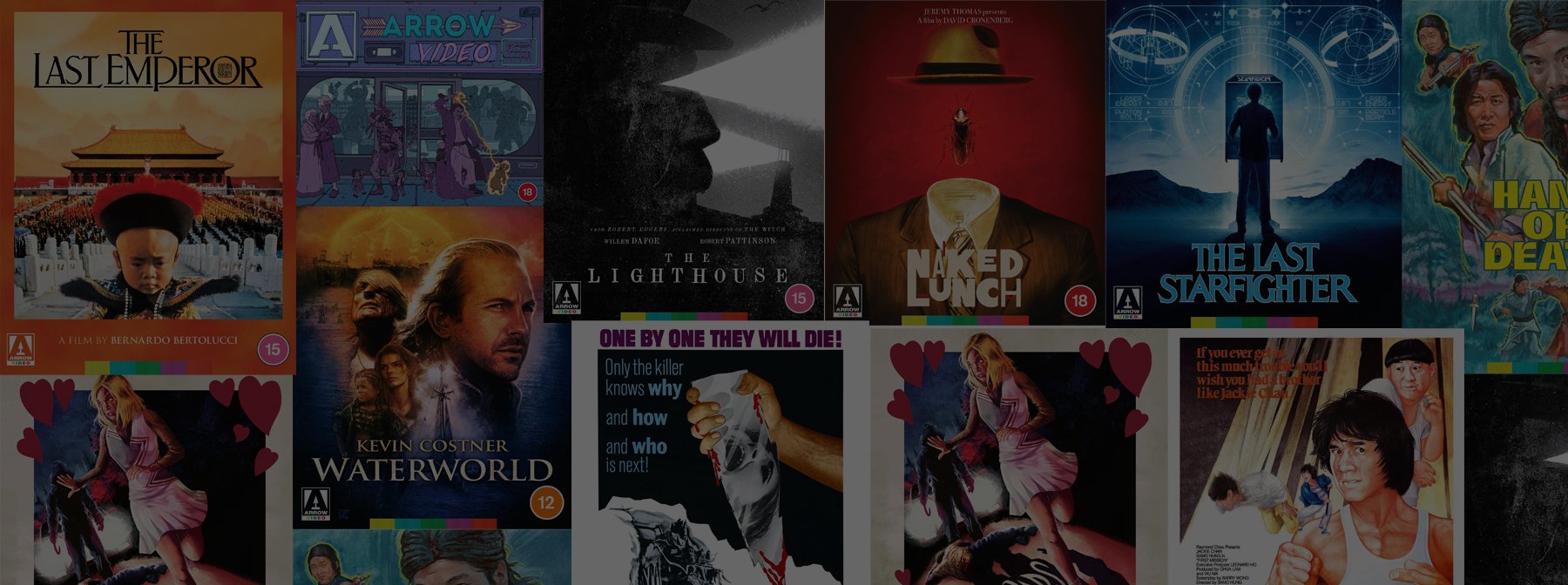Where do we begin with Josh Ruben? Influenced by Robin Williams’ and John Leguizamo’s one-man shows growing up, he has become a natural comedian and impressionist. But it is his talents as an improvisational artist ― mastered over the years on CollegeHumor and Funny or Die ― where the funny bones and quick wit have now been applied to his love of horror. His first two films, Scare Me (2020) and Werewolves Within (2021), provide the perfect chamber piece (and best video game adaptation to date); both of which wear their influences on their bloody sleeves. Josh discusses such influences via his own selection of cult cinema as well as his processes as a filmmaker.
In terms of your improvisational skills, how much has all of this helped in creating your first features?
Scare Me was essentially that magical keystone thing you have to do as a filmmaker. A big influence in filming my first feature was Mark and Jay Duplass’ book Like Brothers, in which they highlight: “You have to do that thing that so stinks of you”? At the time, I was the most affordable talent to lead that movie ― certainly the most available ― and it became about developing the project and building up the cast with buddies, so working within those constraints was certainly helpful. I knew I was good at doing voices, and that I have an improvisational quality and after years making thousands of videos for CollegeHumor I began to learn what works and what doesn’t work. It was all part of what lent itself to the guerrilla filmmaking of it all.
So what came first to you ― the comedy or the horror?
Oh, it was horror first. My sister was the one inviting me into her room to watch Friday the 13th and then, congruently, it was this cartoonish Freddy Krueger ― at least in Dream Warriors onwards ― who might as well have been Bugs Bunny in an animated feature dripping with blood. I think that’s where the horror/comedy Venn diagram lit my brain aflame.
How do you make comedy and horror work so well?
The key to all of it, in my opinion, is casting. Beyond all your technical abilities ― to create dread and suspense ― you don’t want to overwhelm with all the bells and whistles. Music and score are also very important, whether the wall-to-wall score of Halloween, or we think of Donnie Darko. How that movie feels, music is such a big part of it. Although it’s ‘fun’, I wrote Scare Me angry; the MeToo movement had got me riled up so it became this inherently comedic story about an emasculated male who wants to be the better storyteller. Writing the film wasn’t difficult, it was all in the casting, playing against an actor who would get under this guy’s skin and then slay the terror for real. It was the same casting Sam Richardson for Werewolves Within who is so inherently funny that the comedy is going to come passively. That’s why I want to continue making these performance-driven features.
Your economical approach only highlights how stripped-back your films are. There is an emphasis on traditional filmmaking; the performances, comedic timing, editing, use of music and foley. Then there are your own performances that rely on that arsenal of expressions and impressions.
Absolutely. Scare Me was purely a tactical exercise ― self-calling, self-action ― it almost looked sort of sociopathically robotic because if you’re Aya Cash or you’re my cinematographer, Brendon H. Banks, you’re watching me run variations of the lines one after the other. That’s from thousands of hours on the CollegeHumor film school that gave all of us way more onset experience than many working filmmakers. We’re so fortunate for that and despite the outcomes of our flippant sketches that were often thrown together, you learn so much about how you look and so much technically. But, at the same time, another important part of the process is being a good partner for my actors and crew.
Your films have a commercial feel and accessible ‘entry-level’ quality but still manage to have a hidden message underneath.
I hope so. You also realise how to keep stuff paced up, making things a little trimmer. But yeah, ultimately, I love to make what feel like rewatchable movies and that has so much to do with the synergy of the sound and your cast and a good vibe and not something that’s terribly slow and bleak. So I’m hoping that with everything I do, I can at least make something that feels, as you say, commercial or entry-level.
Or that it becomes a cult movie instead― that certainly wouldn’t bother you with it finding a more specific audience?
No, I love it. Some of my favourite films are cult movies.
How would you describe cult cinema to those discovering it for the first time?
For me, wrapping up cult cinema is that transcendental film you experience that took you to another place that no one else knows about; the films that feel like a secret. Not just Basket Case ― which is kind of that VHS tape you find when you’re a kid ― but also seeing the likes of Frankenhooker (another Henenlotter) on a cable channel. I remember seeing that ― not really understanding the sexual connotations ― and just thinking it was an amazing word [laughs] and it looked great and I would draw all those letters. It affected me on a visceral level. It just felt like a secret and you would tell kids on the playground, “Well, you know, like Frankenhooker…” [laughs] But, to me, they’re the films that got under your skin and changed you… the ones no one else knew or cared about. They’re the secret film experience… and I had so many growing up.
It’s a beautiful time for the discovery of these sorts of films because the more new content out there, the more the older works have tended to be lost and forgotten. Of course, filmmakers strive to be innovative, but that comes with being just as aware of what has come before than the latest trends, don’t you think?
Makes me extra grateful that there is an ARROW player and a Criterion channel and a movie on Shudder. There are places you can go to find the ‘delicately curated’… what came before. Case in point, last night I went to the speciality screening for Donnie Darko ― which has become more ground-breaking as more people discover it ― and the audience was full of young people. That was great to see. I also just discovered Pieces of April and The Daytrippers, for example, and I’m excited to watch movies like Party Girl, the films that I missed at the time during that Ted Hope era; that New York filmmaking that gets me so inspired and excited because it’s a snapshot of the time. So I’m just always so thrilled that there are other platforms ― especially ARROW ― where you can go and rifle through the treasure trove, but then the voice of the filmmaker in me is like, “Yeah, but you got to just make the new shiny thing and get it out there.” You know… to pay the bills!
You’ve been vocal about doing your version of Darkman, which is such a brilliant (and overlooked) dark comedy and superhero horror. What can you tell us?
I’ve gotten as far as talking to the man himself [Sam Raimi] and my feeling is until they see Josh Ruben push the horror in his work that little bit more, they’ll go for it. I’m hoping to do that on my next film, Green Bank, which is an alien invasion horror. We don’t have enough superhero horror whatsoever, so Darkman genuinely excites me.
Talking a little bit more about your ‘salacious gems’ on ARROW Selects, there’s also a genuine sense of nostalgia. How much of these films have seeped into your storytelling, especially when it comes to the horror?
I think all of them did and probably not even in ways that I can articulate. I remember knowing that a movie like The First Power, with the possession themes, was one of the scariest damn movies I’d ever seen. A movie like that and Popcorn were two movies I probably saw 20 times before the age of nine. They somehow got under my skin… and yet, I couldn’t tell you anything about the plot or the way most of the movie looked, except for a couple of images. The same with Maniac Cop on my list.
Which film from your list would you have people watch first as an entry point?
I’d say if you’ve never seen a cult film ― that you’ve only ever grown up on Fievel Goes West, Honey I Shrunk the Kids, and The Phantom ― and you want to get into some salacious stuff, start with Phenomena. I was not a big Italian horror fan ― although I probably watched a lot more inadvertently than I realise ― but this was the only Argento I can remember that I saw early on. It’s skin-crawling and it’s beautiful…
… and it’s nasty.
Yeah, nasty… but so wild. There’s something kind of eerie, ethereal and beautiful about it too. I’d say enter cult cinema this way, and then you can ratchet up to the almost ‘living graphic novel’ stuff that I just think are the tasty after-dinner treats; like Bad Moon and Puppet Master are a no-brainer. Then there’s The Guyver ― I watched the shit out of that. As with Krueger, they’re almost treated like ultraviolent cartoons. Outrageous. There was another movie too around this time called Arena with this human gladiator smashing aliens in the face.
Reminiscent of Dollman ― there is that unfiltered creativity and playing around with the last of the plastic fantastic before CGI came along. “Let’s just fucking throw everything in there and get mucky, while still having fun on a low budget.”
And hopefully, they’ll continue to get as gonzo as that.
Audiences have been starved of it.
I hope we see a Dollman, and I hope we see a Darkman… or at least a continuation of that in my lifetime whether I’m behind it or not because it’s brilliant IP. In the meantime, I’m trying to forge ahead in my career making stuff that’s still so specifically me as a filmmaker, but also as a genre lover; as someone who gets references like we’re exchanging… and ARROW kindly invited me to select.
See Josh’s full list of picks in Josh Ruben Selects on ARROW. Head over to Josh’s official website for news on all of his upcoming projects including his next feature Green Bank.

